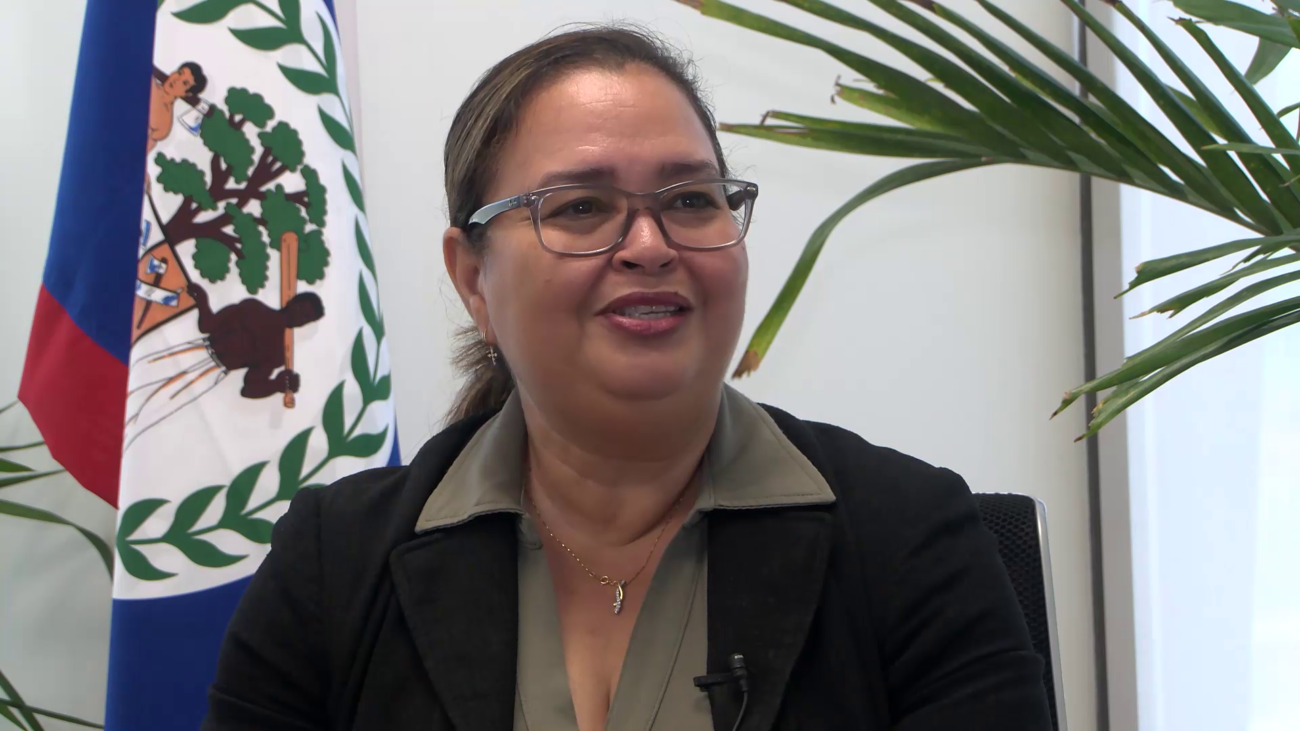Are Global Summits Merely Talk Shops, Or Do They Drive Real Change?
Negotiations were scheduled to conclude on Friday evening but instead descended into confusion by Saturday morning after nearly twelve hours of intense discussions. Governments were unable to reach a consensus on critical issues, including nature funding and the monitoring of this decade’s targets. The drawn-out talks and the sequence of discussions left many countries frustrated, as crucial matters remained unresolved in the final hour.
Beverly Wade, Director, Blue Bond & Finance Permanence Unit
“Safeguarding nature is critical for us. When you look at a country that is estimated at fifty percent of your GDP is nature-based, it’s important for us here in Belize to ensure that we maintain the functional integrity of nature. That’s providing important ecosystems services for us in productive sectors: tourism, fisheries, shoreline protection. And so, it is a priority for us and Belize is one of those countries that has shown that we now know how to start that new thinking of how to now bring in money to finance our ambitions.”
Isani Cayetano
“What do you make of this all, because some people would argue that this is all talk shop and [that] it doesn’t have any material substance, so to speak, in terms of being able to put into effect some of the agreements, put into place the funding as necessary for these agreements to be carried out or what-have-you?”
Beverly Wade
“Well, I’ll be frank with you, it doesn’t give you much to be optimistic about in terms of seeing the commitments made in terms of resources to address climate, really come into fruition. And this isn’t new, it’s sad, really. It’s not that we don’t know that climate change is here. It’s not that we don’t know who the primary countries that are responsible for the impacts that we are seeing from climate change. It is sad that we don’t have that level of commitment to really addressing it in a meaningful way.”







Facebook Comments